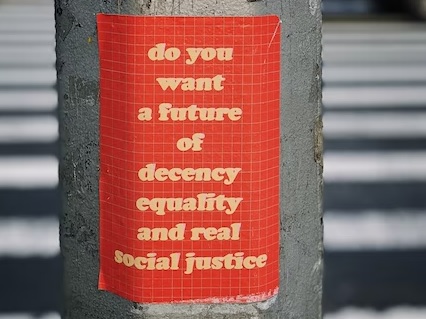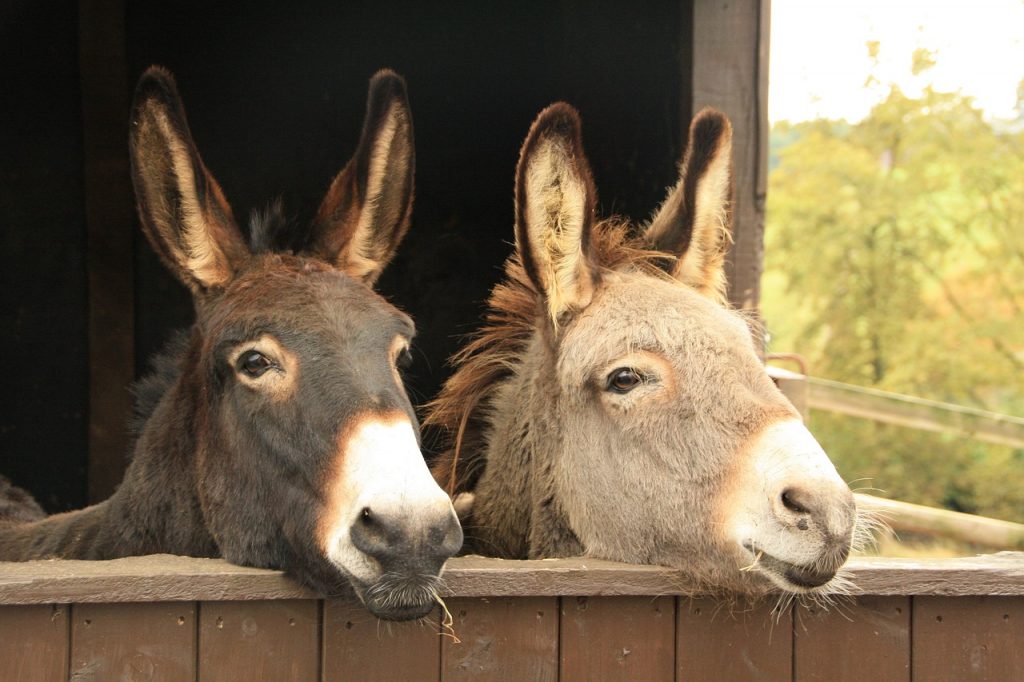
Hi everyone, and happy Spring if you are in the Northern Hemisphere. Last week, I moderated a conversation on Artificial Intelligence and how it might affect our sector. On the panel were Beth Kanter and Allison Fine, co-authors of The Smart Nonprofit, and Philip Deng, creator of Grantable, an AI-supported grantwriting platform. Here is the full video if you’d like to see it. Below are a few points I took away from the conversation with these experts. Those of you who are more knowledgeable in this area, please feel free to add your thoughts in the comment section or correct anything I got wrong (By the way, ChatGPT came up with the title of this blog post).
Continue reading →




